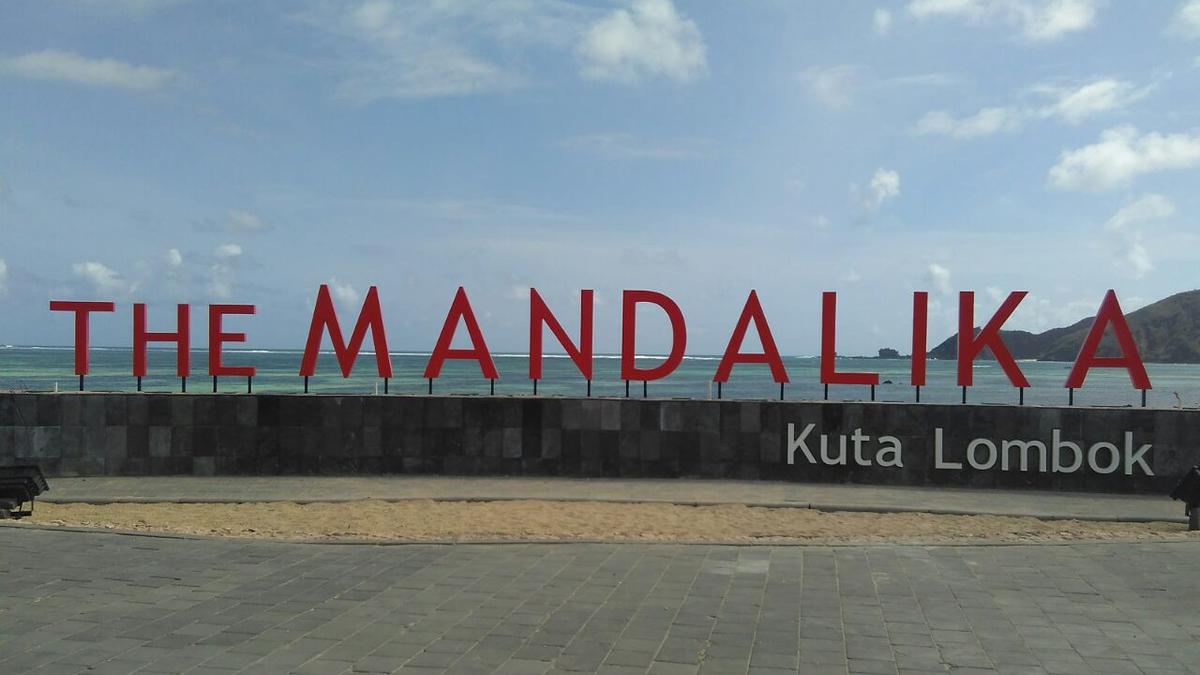In May 2025, NTB state revenue reached an impressive Rp 14 trillion. This remarkable milestone reflects not only stronger tax collection but also broader regional economic momentum. In this article, we explore the key drivers behind this fiscal performance, the tangible public benefits generated, and what it means for NTB’s future growth. The tone here is conversational and grounded in real-world implications, avoiding stiff jargon.
Tax and PNBP Driving NTB State Revenue Surge
According to data from regional authorities, NTB state revenue hit Rp 14 trillion by May, achieving roughly 24 percent of its full-year target. Tax receipts accounted for a large part of this sum. Improved tax compliance, stricter enforcement of tax obligations, and better administrative processes played a vital role. Tax collection reached Rp 721.3 billion as of April alone—a 20 percent jump over last year’s numbers.
Meanwhile, non-tax state revenue (PNBP) also showed notable progress. PNBP contributions hit Rp 284 billion, equivalent to 45 percent of its annual target. These revenues reflect earnings from natural resource sharing, fees for licensing and permits, and other non-tax income streams that support NTB’s fiscal strength.
This surge demonstrates that NTB state revenue is driven by strategic policies and responsive governance. The region is becoming more disciplined in fiscal administration, allowing the economy to support itself and grow sustainably.
Fiscal Spending and Public Service Improvements
A significant portion of these revenues has been reinvested into public services. Government spending in NTB surged to Rp 7.998 trillion by April 2025—or 29 percent of its full-year plan. The allocation spans key priorities like education, health, and infrastructure.
This is evident across villages. Nearly 968 villages received Village Funds amounting to Rp 551.9 billion. These allocations support food security, skill-training programs for women, and community infrastructure like water channels and marketplaces. Beyond that, transfer funds—DAU, DAK, and DBH—help local districts enhance public infrastructure. Revenue sharing from mining and local tax also added millions into the local economy.
This visible impact proves that increased NTB state revenue is more than just numbers; it improves people’s daily lives. Improved school facilities, rural clinics, farm irrigation, and safe drinking water highlight the value of disciplined fiscal policy.
Economic Stability and Resilience
The rise in NTB state revenue has also strengthened regional economic stability. Consumer purchasing power is supported by robust social safety nets like PKH and BPNT. Inflation in NTB is stable at around 1 percent year on year—a sign that public policy is successfully mitigating price shocks.
Additionally, tax incentives for small businesses, electricity discounts, and VAT exemptions for affordable housing help manage living costs. Credit growth for agriculture and MSMEs is also healthy. The regional economy is projected to grow between 2.1 percent and 2.9 percent this year. Every uptick in economic activity reinforces the sustainability of NTB’s revenue base.
This stability matters because a strong local economy and good fiscal discipline create a virtuous cycle. When NTB state revenue grows, public spending improves; when public spending improves, the local economy benefits and tax compliance increases. It’s a self-reinforcing loop.
Governance and Transparency Drive NTB State Revenue
Efficient governance is a critical part of sustaining NTB’s fiscal performance. Reforms to tax collection—including better technology for tax filing and rigorous audits of tax obligations—have increased compliance across different sectors. The regional government also simplified procedures for local businesses, encouraging them to pay taxes properly.
Public scrutiny is equally important. Greater transparency in public financial reports and accessible information help hold officials accountable. Recent performance reports show that NTB is one of the top 15 provinces for revenue mobilization this year. Strengthened partnerships between local and central agencies ensure that tax administration is smooth and less prone to leakage.
This focus on transparency keeps public trust intact. Trust, in turn, supports long-term tax compliance, creating a sustainable base for NTB state revenue in future years.
Preparing for Future Growth
Looking ahead, NTB will face both opportunities and challenges. On the one hand, NTB is poised to increase tax revenues as industries grow. The next tobacco harvests and surging gold prices may boost PNBP and royalties. Development of smelter projects is also likely to generate more import and export-related tax income.
On the other hand, NTB must also address some persistent shortfalls. Revenue realization is uneven across districts; while urban tax offices hit their targets early, rural offices often lag behind. Commodity price fluctuations and uncertain international demand may impact mining exports too.
To navigate these challenges, NTB must continue diversifying its economy and tax base. Strengthening capacity at local tax offices, training tax inspectors, and simplifying tax payment procedures will all help optimize tax collection. The region must also explore new revenue streams such as eco-tourism fees or renewable energy licensing.
Conclusion
The growth of NTB state revenue to Rp 14 trillion by mid-2025 is a strong signal of fiscal resilience and responsible governance. It reflects disciplined tax administration, public spending that targets local priorities, and an economy that is moving steadily forward. More importantly, it reflects NTB’s commitment to improving transparency, public services, and long-term stability.
As NTB looks to the future, these fiscal gains will help fund schools, clinics, and vital rural projects. The challenge will be to balance revenue optimization with the region’s inclusive development goals. If NTB continues on this path—prioritizing compliance, supporting small businesses, and investing in public goods—its NTB state revenue will continue to grow sustainably for years to come.
Read More






 Friday, 27-02-26
Friday, 27-02-26







